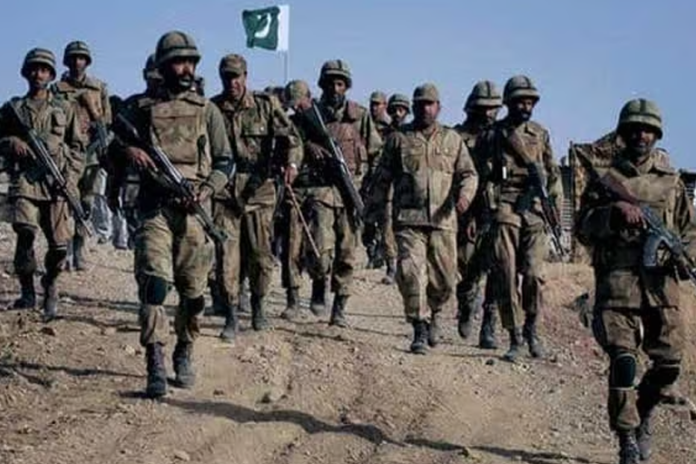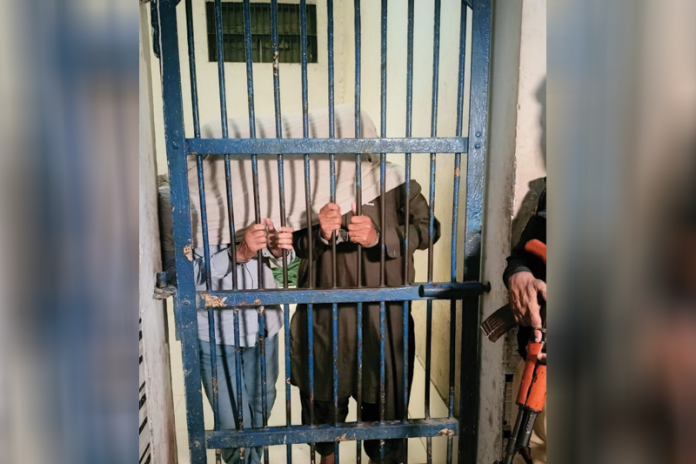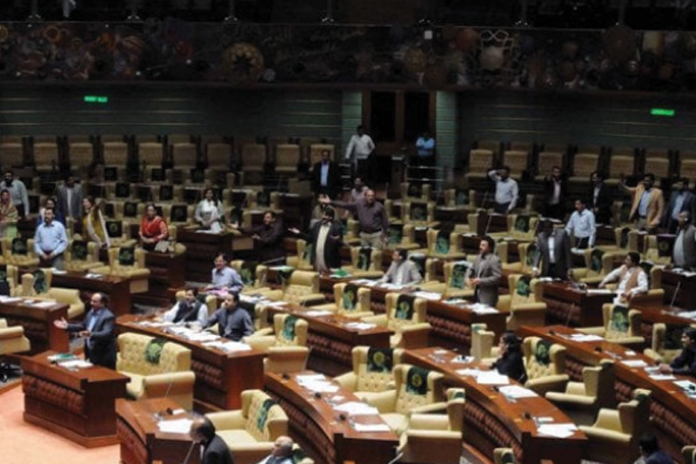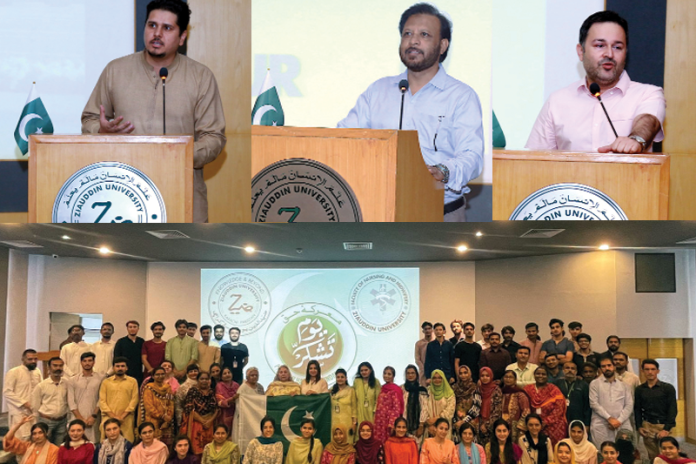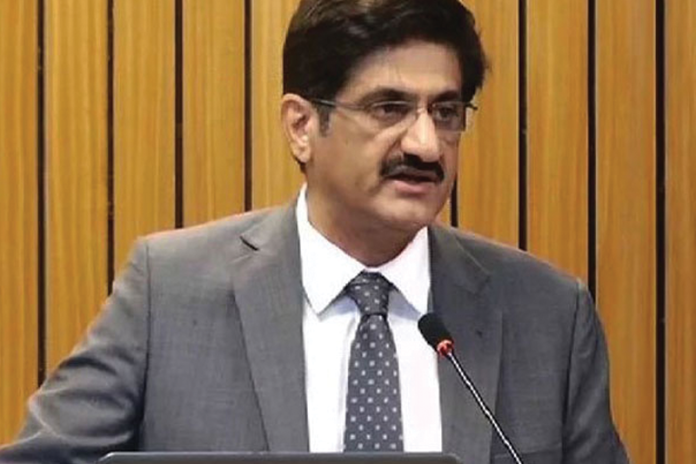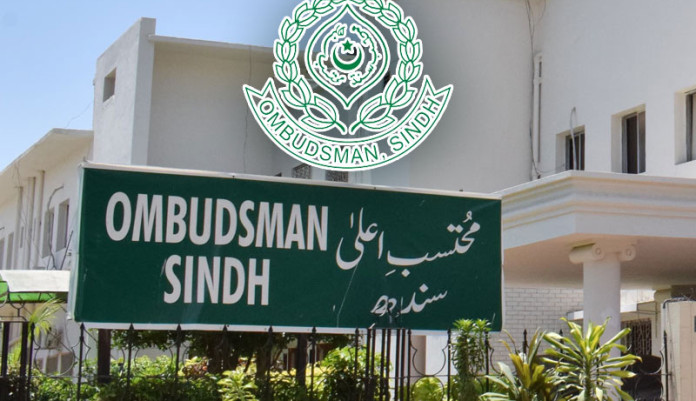Understanding the surge in street crimes: unraveling the complexities in Karachi

- 356
- 0
Karachi, Pakistan's largest city and economic hub, has been grappling with a concerning rise in street crimes in recent years. From muggings and robberies to carjackings and mobile phone snatching, instances of street crimes have become all too common, posing significant challenges to the city's residents, law enforcement agencies, and policymakers. While pinpointing the exact reasons behind this surge is complex and multifaceted, several key factors contribute to the alarming trend.
- Socioeconomic Disparities and Urbanization
One of the primary drivers of street crimes in Karachi is the stark socioeconomic divide prevalent in the city. Rapid urbanization, coupled with unequal distribution of wealth and resources, has led to the emergence of sprawling informal settlements and marginalized communities where poverty, unemployment, and lack of access to basic amenities prevail. In such environments, individuals may resort to crime as a means of survival or to address perceived injustices stemming from socioeconomic inequalities.
- Proliferation of Illegal Arms
The proliferation of illegal arms and weapons exacerbates Karachi's street crime problem. Despite efforts to curb the flow of illegal weapons, porous borders and lax enforcement allow firearms to circulate freely, falling into the hands of criminals who exploit them for nefarious purposes. The availability of weapons not only emboldens criminals but also escalates the level of violence associated with street crimes, posing a grave threat to public safety.
- Organized Crime Syndicates
The presence of organized crime syndicates further complicates Karachi's security landscape. These criminal networks, often involved in drug trafficking, extortion, and racketeering, wield significant influence and operate with impunity in certain areas of the city. Street crimes may serve as a source of revenue for these syndicates, either directly through theft and robbery or indirectly by creating an atmosphere of fear and intimidation conducive to their illicit activities.
- Inadequate Policing and Law Enforcement
Challenges within Karachi's law enforcement apparatus, including corruption, resource constraints, and lack of capacity, hinder efforts to effectively combat street crimes. Overstretched police forces struggle to patrol vast urban areas, respond promptly to incidents, and gather actionable intelligence on criminal networks. Additionally, public trust in law enforcement may be eroded by perceptions of impunity, further undermining community cooperation in crime prevention and detection efforts.
- Socio-cultural Factors and Youth Marginalization
Socio-cultural factors, including societal norms, peer pressure, and generational disenchantment, also contribute to the prevalence of street crimes among Karachi's youth population. Limited educational and employment opportunities, coupled with disillusionment with traditional social structures, may push vulnerable individuals towards criminal behavior as a means of asserting agency or seeking validation within their social circles. Addressing underlying socio-cultural issues and providing alternative pathways for youth empowerment and engagement are essential in tackling the root causes of street crimes.
- Diminished Trust in Judicial System
A lack of confidence in the judicial system and perceptions of impunity for criminals undermine deterrence efforts and perpetuate a cycle of crime and lawlessness. Lengthy court proceedings, case backlogs, and concerns about witness protection contribute to a prevailing sense of injustice among victims of street crimes, further eroding public trust in the efficacy of the legal system. Strengthening the rule of law, enhancing judicial efficiency, and ensuring swift and fair dispensation of justice are imperative in restoring confidence in the criminal justice system.
Conclusion
The surge in street crimes in Karachi is a multifaceted phenomenon rooted in a combination of socioeconomic disparities, urbanization challenges, proliferation of illegal arms, organized crime activities, deficiencies in law enforcement, socio-cultural factors, and judicial system shortcomings. Addressing these complex issues requires a comprehensive and coordinated approach involving collaboration between government agencies, civil society organizations, community leaders, and citizens. By addressing the root causes of street crimes and implementing targeted interventions aimed at prevention, enforcement, and rehabilitation, Karachi can work towards creating safer and more secure neighborhoods for its residents.








